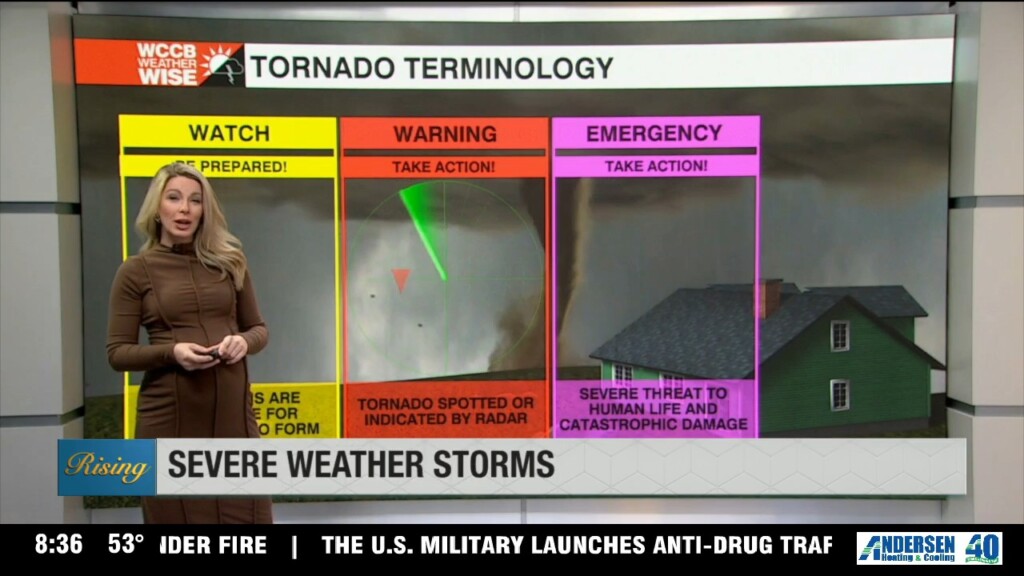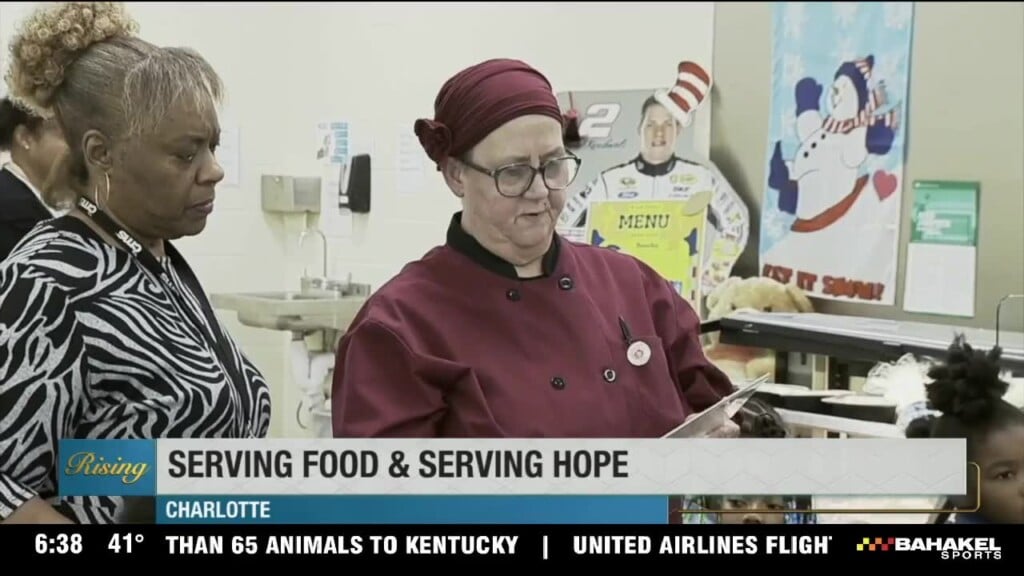CHARLOTTE, N.C. — The North Carolina Poison Control (NCPC) says it has seen an increase in exposures to household cleaning products due to the current coronavirus pandemic.
In March 2019, the NCPC says it received 454 calls about cleaning products; in March 2020, the center received 682 call, which is a 50% increase year-to-year. The NCPC is advising people to only use cleaning products as directed on the label to avoid poisoning exposure.
“We understand people are paying special attention to keeping their homes clean and are very mindful of their health right now,” said Dr. Anna Dulaney, Clinical Toxicologist at NCPC. “But we want people to know that cleaning products can be toxic if they’re used in the wrong way.”
According to Poison Control, bleach, disinfectants, and other kitchen and laundry cleaners are common household chemicals involved in exposures. People can become exposed to cleaners when they accidentally spray cleaner into their eyes or onto their skin instead of onto surfaces. Exposures can also occur when people mix chemicals, which can cause a harmful gas. Children can become exposed to products like hand sanitizer if left within reach.
The NCPC encourages the public to use cleaning products as directed and never to swallow or inject cleaning products. Follow these steps to help prevent a poisoning:
• Store cleaning products up and away from children.
• Don’t mix chemicals.
• Don’t confuse surface cleaning wipes with personal care wipes. While they may look alike, surface
wipes contain harsh chemicals that can damage the skin.
• Follow all instructions on the label, especially protective equipment like gloves.
Opportunities for poison exposures may increase as people spend more time indoors and use cleaners more frequently. Call North Carolina Poison Control at 1-800-222-1222 if you suspect someone might be poisoned by a household cleaner or for any other ingestion or exposure concern. Nurses and pharmacists are available around the clock to provide treatment advice and assistance.



